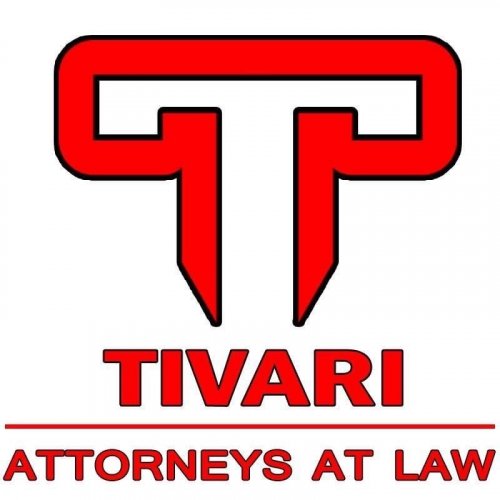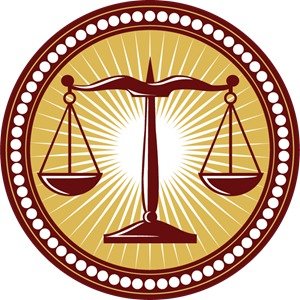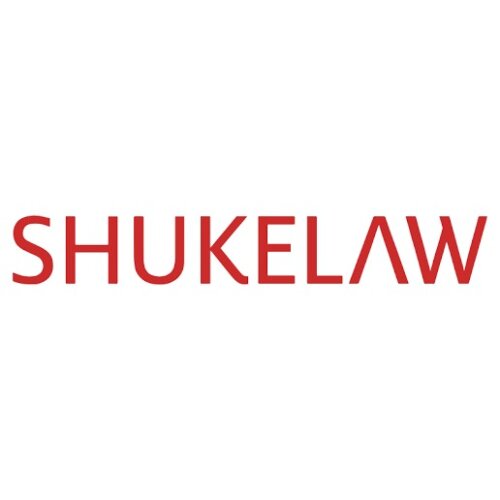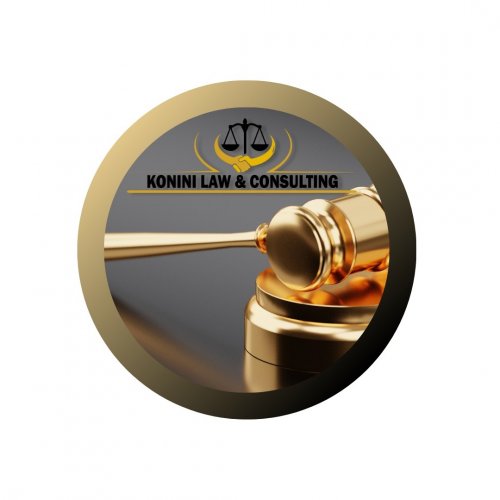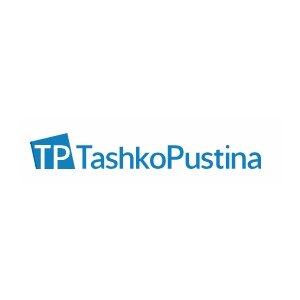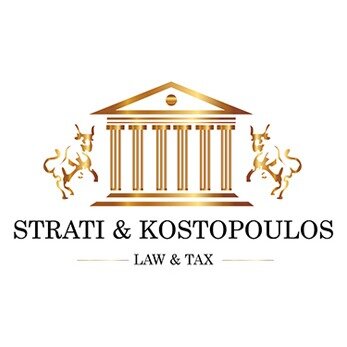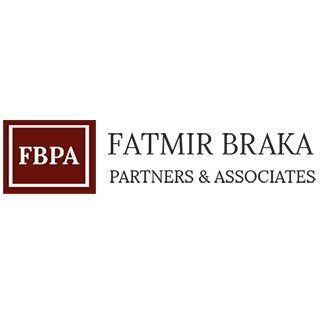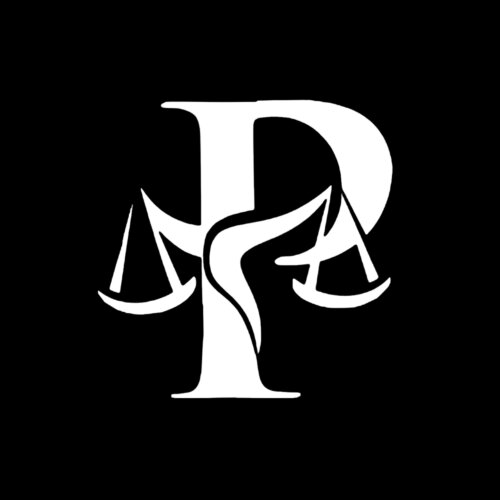Best International Trade Law Lawyers in Albania
Share your needs with us, get contacted by law firms.
Free. Takes 2 min.
Or refine your search by selecting a city:
List of the best lawyers in Albania
About International Trade Law in Albania
International Trade Law in Albania governs the regulations and practices surrounding the exchange of goods, services, and capital across international borders. It encompasses a wide range of legal considerations including import-export regulations, tariffs, trade agreements, and compliance with international trade frameworks. Albania, as part of its aspiration to align with European and global trade standards, adheres to various international conventions and agreements which influence its domestic trade laws. The Ministry of Economy and Finance, along with other governmental bodies, plays a key role in shaping these regulations, ensuring fair trade practices, and facilitating Albania's market integration into the global economy.
Why You May Need a Lawyer
Seeking legal assistance in the field of International Trade Law might be necessary in several situations:
- Understanding complex trade agreements and how they impact your business.
- Compliance with import and export regulations and avoiding potential legal liabilities.
- Navigating tariff classifications and customs procedures efficiently.
- Resolving disputes related to cross-border transactions or international contracts.
- Adapting to changes in international trade policies or sanctions that may affect business operations.
- Legal representation in negotiations or before trade regulatory bodies.
Local Laws Overview
In Albania, several key legal aspects govern international trade:
- Customs Code: This outlines the procedures for customs clearance and duties which are aligned with the European Union's customs standards.
- Trade Agreements: As a member of the Central European Free Trade Agreement (CEFTA), Albania participates in various bilateral and multilateral trade agreements to foster smoother trade flows.
- Import-Export Regulations: Specific regulations apply regarding the licensing and registration of certain goods to protect public health, safety, and the environment.
- Standardization and Compliance: Adherence to international standards is crucial, including quality and safety standards for products entering or leaving Albania.
Frequently Asked Questions
What is the role of the Albanian Ministry of Economy and Finance in trade?
The Ministry oversees policy-making, regulation, and implementation of international trade laws to ensure they align with national economic goals and international agreements.
How can I classify goods for international shipping to Albania?
Goods can be classified using the Harmonized System (HS) codes which are standardized across the EU, allowing for a systematic way of declaring goods at customs.
Are there any products restricted from import/export in Albania?
Yes, certain goods require specific licenses, and some are restricted or prohibited due to health, safety, or environmental concerns.
What are the implications of CEFTA for traders in Albania?
CEFTA facilitates easier trade among member countries by reducing tariffs, standardizing trade procedures, and promoting economic integration.
How are international trade disputes resolved in Albania?
Disputes can be settled through arbitration or by submitting the case to the relevant Albanian court or international trade tribunal.
Do I need to pay customs duties when importing goods into Albania?
Yes, customs duties are applicable based on the HS code, value of goods, and country of origin, but exemptions may apply under specific trade agreements.
How can I stay informed about changes in international trade laws in Albania?
Regular consultation with legal advisors, monitoring updates from relevant governmental bodies, and participating in trade seminars are effective strategies.
Does Albania offer incentives for foreign traders?
Yes, Albania offers various incentives including tax breaks and favorable regulatory conditions to attract foreign investment, particularly in key sectors.
Can I export technology products from Albania?
Yes, but you must ensure compliance with both domestic regulations and international export control laws regarding technology transfers.
What documentation is required for customs clearance in Albania?
You need a bill of lading, invoice, packing list, certificate of origin, and any relevant licenses or permits for specific goods.
Additional Resources
For further assistance, consider these resources:
- The Ministry of Economy and Finance of Albania
- General Directorate of Customs
- Chamber of Commerce and Industry of Albania
- World Trade Organization (WTO) and its resources
- Central European Free Trade Agreement (CEFTA) Information Portal
Next Steps
If you require legal assistance, consider the following steps:
- Consult a lawyer specializing in international trade law to discuss your specific needs.
- Gather all relevant documents and information related to your trade activities.
- Identify and familiarize yourself with key regulatory bodies and trade agreements applicable to your situation.
- Regularly update yourself on changes in trade law and policy that may impact your business operations.
Lawzana helps you find the best lawyers and law firms in Albania through a curated and pre-screened list of qualified legal professionals. Our platform offers rankings and detailed profiles of attorneys and law firms, allowing you to compare based on practice areas, including International Trade Law, experience, and client feedback.
Each profile includes a description of the firm's areas of practice, client reviews, team members and partners, year of establishment, spoken languages, office locations, contact information, social media presence, and any published articles or resources. Most firms on our platform speak English and are experienced in both local and international legal matters.
Get a quote from top-rated law firms in Albania — quickly, securely, and without unnecessary hassle.
Disclaimer:
The information provided on this page is for general informational purposes only and does not constitute legal advice. While we strive to ensure the accuracy and relevance of the content, legal information may change over time, and interpretations of the law can vary. You should always consult with a qualified legal professional for advice specific to your situation.
We disclaim all liability for actions taken or not taken based on the content of this page. If you believe any information is incorrect or outdated, please contact us, and we will review and update it where appropriate.
Browse international trade law law firms by city in Albania
Refine your search by selecting a city.




